Which is right for you, the PS5 vs Xbox Series X? If you’re trying to choose between these two next-gen consoles, you’re in the right place. The most important thing you need to know from the get-go is: there’s no outright winner. Both of these consoles are, mostly, just as good as each other when it comes to the best games you can play and the top tech features. This might be confusing, but it’s good news. After all, the more Microsoft and Sony battle it out for the top spot, the better it is for the consumer.
So the question of which next-gen console is right for you comes down to what you want and what your preferences are. But before we get into the nitty-gritty and you excitedly go to buy the console you decide is right for you, let’s talk about the elephant in the room: stock shortages.
Despite being on sale for a whole year now, it’s still extremely difficult to find places that have both gaming systems in stock. If you've managed to snag one, consider yourself lucky as demand continues to outstrip supply and stock replenishments seem to last only a few minutes.
However, stock issues aside, this guide will help you to compare the PS5 vs Xbox Series X to find out which one you should buy. From exclusive games, including Demon's Souls and Returnal on PS5, through to the enticing new quality of life features, like Quick Resume and FPS Boost on Xbox Series X, there’s a lot to love about both of these new consoles.
Microsoft and Sony have pulled out all the stops to create the ultimate consoles for this generation and the good news is, they keep getting better. There seems to be a new announcement that edges one console ahead of the other each week, be it a new game, feature, exclusivity deal, or quality of life update.
But they’re both similar in many ways. The two next-gen consoles are capable of 4K gaming at up to 120 frames per second, extremely powerful, and come with support for ray tracing, as well as super-fast load times. Both the PS5 and Xbox Series X are innovative in their own right, but this doesn’t help you to answer the question of which one should you go out and buy.
It might help to read our official verdicts on both Sony and Microsoft’s shiny next-gen consoles in our reviews (including the cheaper Xbox Series S), where we dig deep into each console, finding both next-gen systems to be extremely impressive.
The good news is, you can’t go wrong with either console, and in an ideal world you'd simply buy both – imagine! But there are some key differences between the two new machines that you need to know about if you're weighing up which one you should buy – if you can find one, that is.
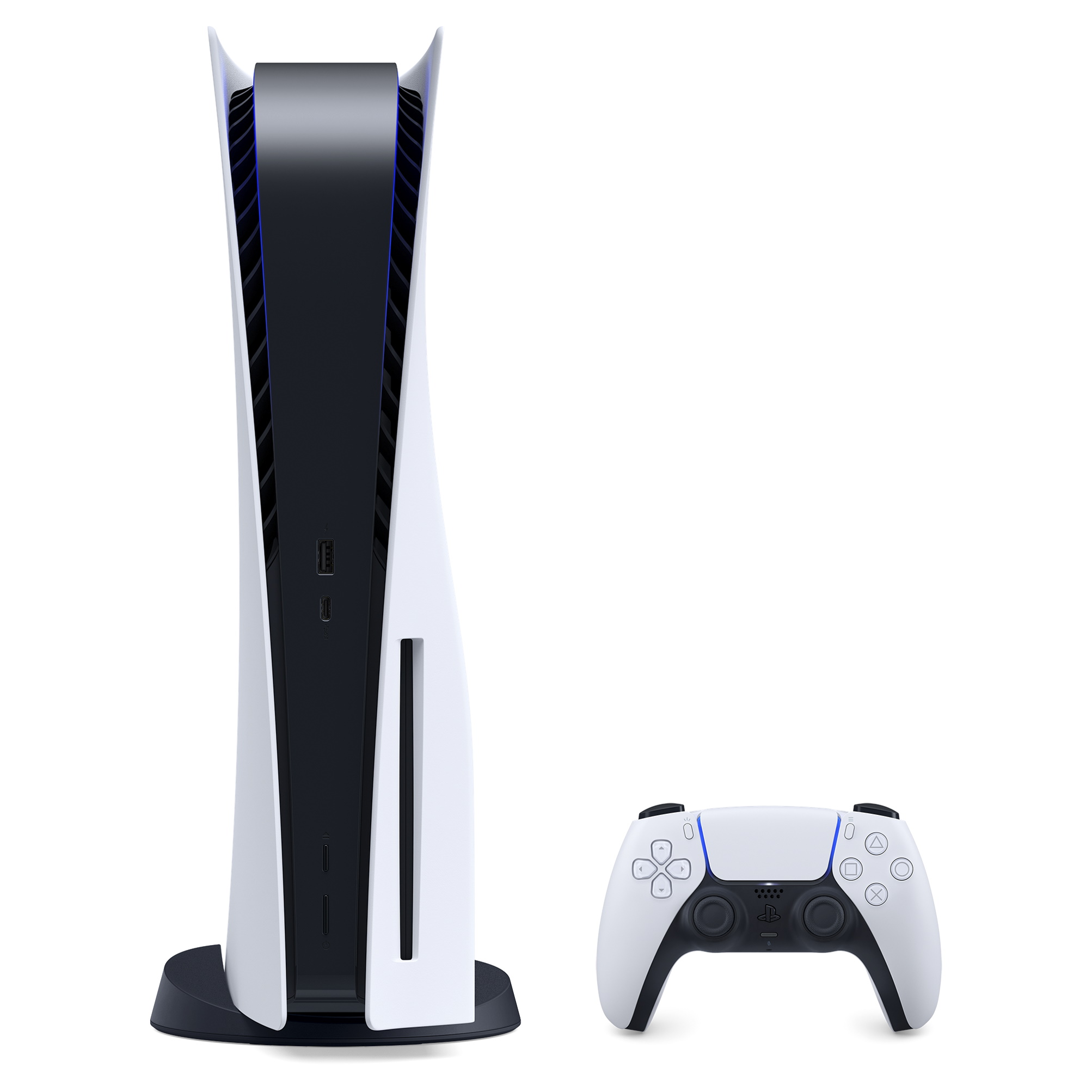
Still searching for a PS5 or Xbox Series X?
Keep an eye on the latest updates for PS5 deals and bundles, and where to buy PS5 (and buy PS5 UK) so you don't miss out. We're also keeping track of any new where to buy Xbox Series X and where to buy Xbox Series S stock updates.
Unless you're extremely clued up on gaming tech lingo, it can be difficult to know the strengths and weaknesses of each next-gen system by simply looking at them and their technical specs. Which means there's a lot to discuss and it’s important to know exactly what you’re getting before you drop the $499 / £449.99 / AU$749 asking price.
The next generation is, ultimately, all about power, speed and incredible levels of visual fidelity that simply weren’t possible before. And when it comes to the internal specs inside both the PS5 and Xbox Series X, the two consoles aren’t too far apart, though Microsoft does appear to have the edge on paper in terms of sheer computational power.
- US-only: PS5 restock tracker
- Check out our PS5 review
- Check out our reviews of the new Xbox Series X and Xbox Series S
- Best PS5 games: don't miss these top titles
Despite being similar in many ways, both companies have tried to differentiate their consoles from the other, particularly in terms of design. The PS5 is a towering machine, and the biggest console Sony has ever made.
The Xbox Series X, on the other hand, looks more akin to a gaming PC thanks to its cuboid shape. No matter how you feel about each console's design, they both manage to stay cool and quiet in operation.
Sony has also focused on increasing the feeling of immersion in games with its new DualSense controller, as well as continuing to deliver exclusive experiences, while Microsoft is banking on the sheer value proposition of Xbox Game Pass to lure people into its ecosystem.
Both systems are thankfully backwards compatible, which means you can play older games on them – though the PS5 only supports PS4 titles. The Xbox Series X, meanwhile, is able to play games from every Xbox generation such as the Xbox 360 and original Xbox. If you've hung on to your older 360 games, then, it's nice to know you can play them on Microsoft's new system.
Keen to find out more about the key similarities and differences between the two next-gen consoles? Here’s everything you need to know about the PS5 vs Xbox Series X.
Xbox Series X vs PS5: key facts
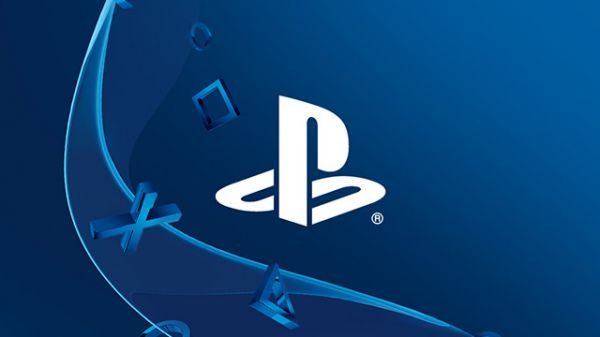
- What are they? Xbox Series X and the PlayStation 5 are the next-gen games consoles from Microsoft and Sony, which deliver more ambitious and graphically impressive gaming experiences than ever before
- Xbox Series X and PS5 release date: The PS5 released on November 12, 2020 in select regions, and November 19 for the rest of the world. The Xbox Series X released on November 10, 2020
- What can I play on it? We've seen some big games so far like Marvel's Spider-Man Miles Morales and Halo Infinite (which has been delayed) and more are bound to arrive in the coming years. Both consoles are backwards compatible, though, which means there's plenty to play from the outset
- Is the PS5 more powerful than Xbox Series X? Their processing capabilities are very similar, but Microsoft has a slight advantage when it comes to sheer processing power
- What will the PS5 and Xbox Series X cost? The PS5 costs $499 / £449 / AU$795, which is the same price as the Xbox Series X.
PS5 vs Xbox Series X: price and release dates
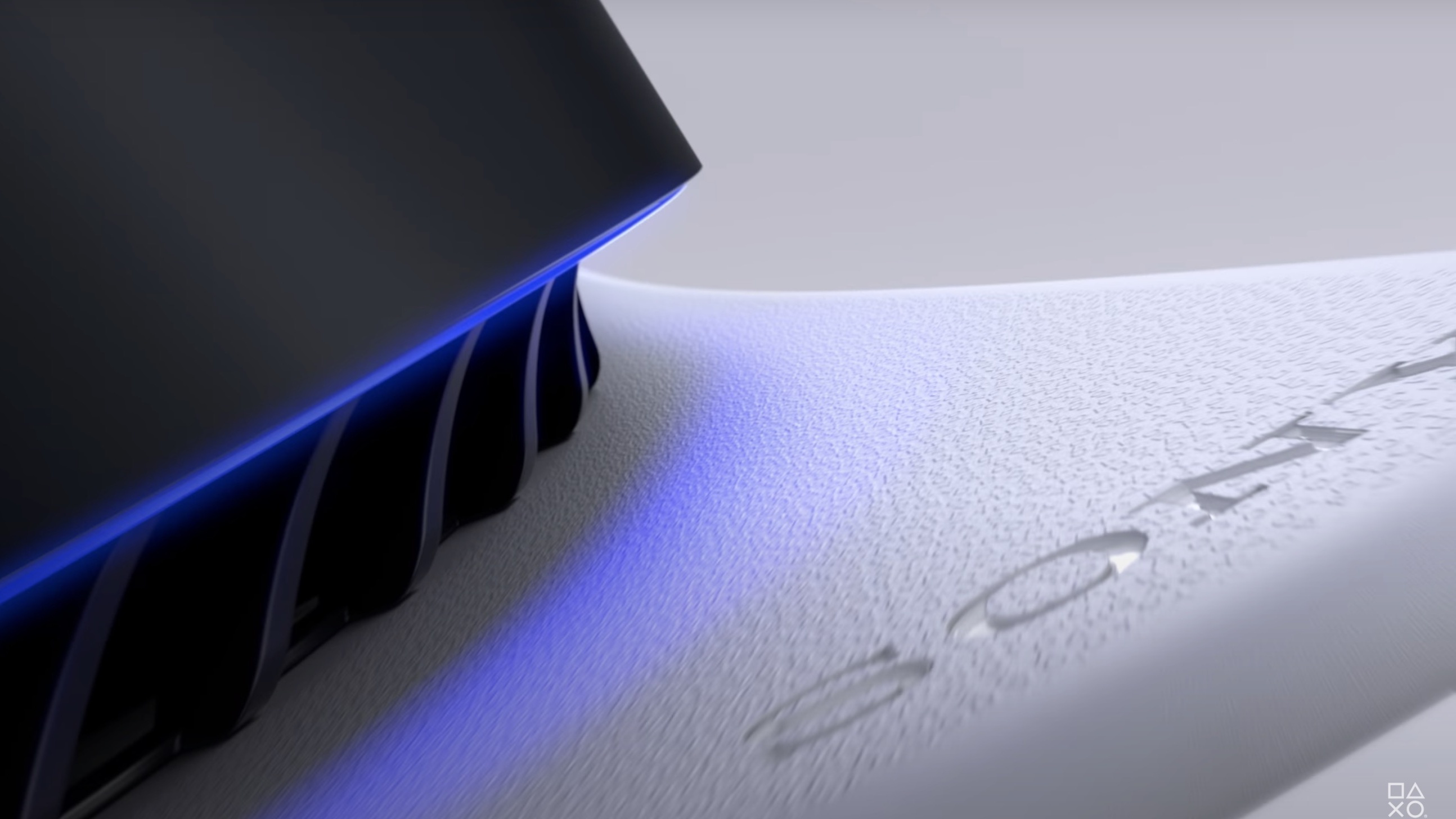
Sony's standard PS5 (with the disc drive) will cost $499.99 / £449.99 / AU$749.95, while the PlayStation 5 Digital Edition (without the disc drive) comes in at $399.99 / £359.99 / AU$599.95. PS5 stock has been extremely hard to find, and Sony has warned that stock shortages may continue well after launch due to demand.
Both versions of the PS5 launched on November 12 in the USA, Japan, Canada, Mexico, Australia, New Zealand and South Korea, with the rest of the world (including the UK and Ireland) getting them on November 19.
The Xbox Series X, and more affordable Xbox Series S, launched on November 10, 2020 for $499 / £449 / AU$749 and $299 / £249 / AU$499 respectively. Xbox Series X stock is also hard to come by right now. Like Sony, Microsoft has said its flagship system will be hard to find, and recently admitted the Xbox Series X could be sold out until June.
Xbox Series X vs PS5: specs
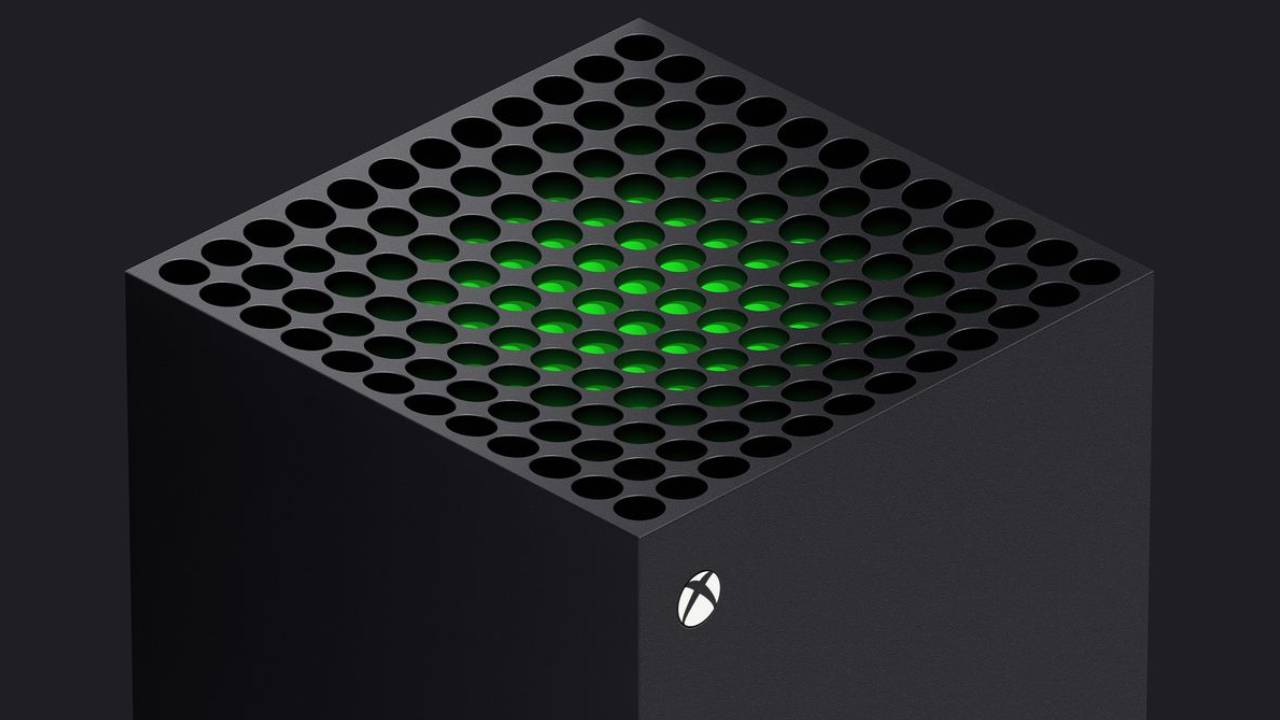
When it comes to specs, both Sony and Microsoft have taken a similar approach, though there are a few key differences to point out.
The PlayStation 5 is powered by a custom-built version of the third generation AMD Ryzen chipset, packing in eight cores with the company's new Zen 2 architecture and Navi graphics. The CPU runs at 3.5GHz. The GPU offers 36 compute units running at 2.23GHz and offering 10.28TFLOPs. Those parts are paired with 16GB of GDDR6 with a bandwidth of 448GB/s. It means the PS5 is able to support features like ray tracing – a performance-intensive lighting technique that has previously been reserved to expensive high-end PC GPUs, and which we now know will be "built into the GPU hardware" for the PS5.
The PS5 will also support screen resolutions of up to 8K – far higher than the standard 1080p HD of most people’s televisions, let alone that of the increasingly popular 4K. It’ll also work at 120Hz refresh rates, allowing for super-smooth movement in games if you have a HDMI 2.1 compliant display. These are incredibly performance-intensive specs, so we wouldn’t expect a game to hit these standards regularly (not to mention requiring an expensive TV that will support them), but the PS5 will at least make 4K/60fps a more common sight.
The PS5 also supports immersive, 3D audio when using a headset whilst playing. Sony delivers this audio through its new Tempest Engine, which can handle hundreds of sound sources, for a more realistic audio environment. It's a comparable experience to Dolby Atmos if you've ever used the spatial audio format.
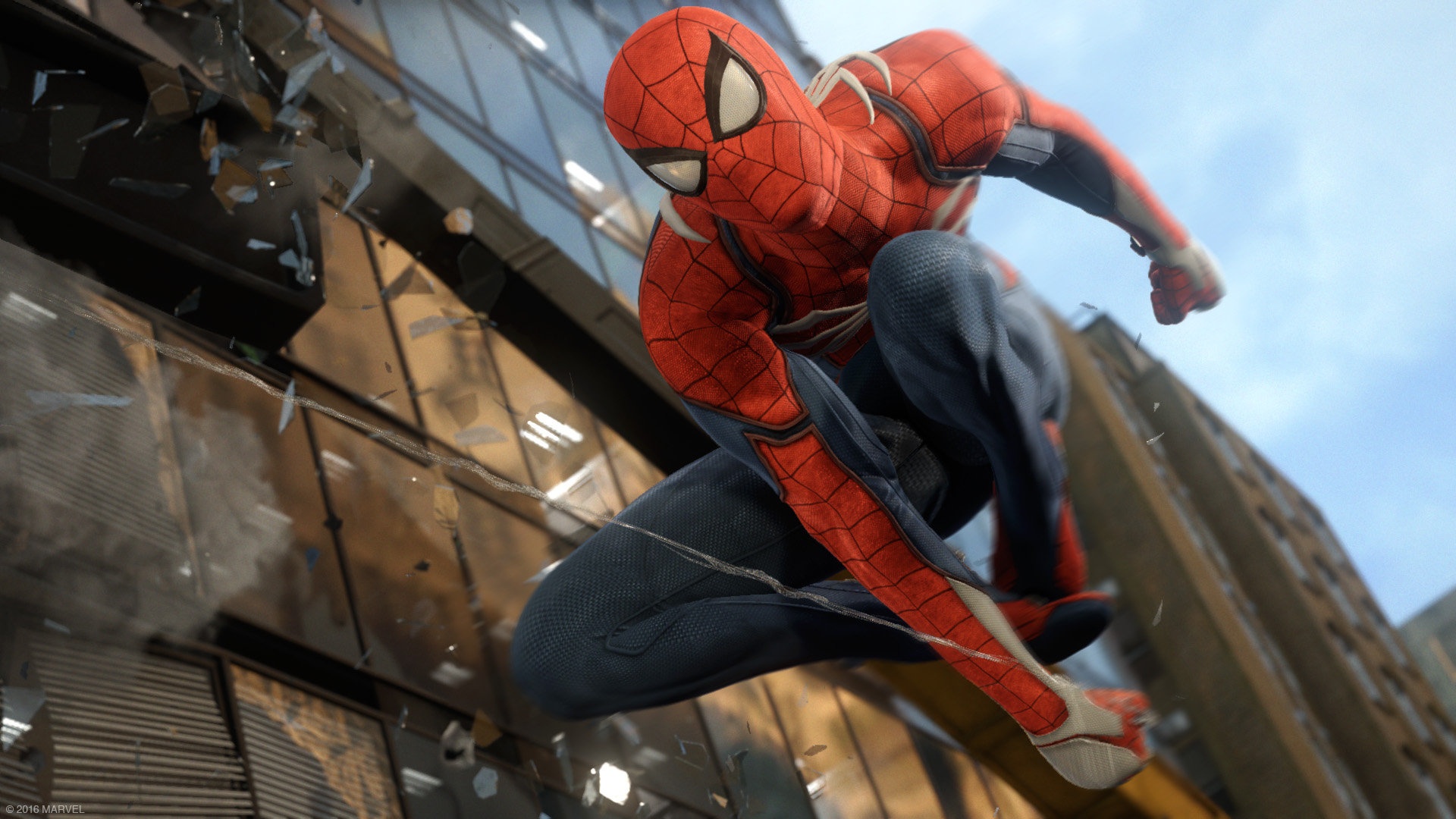
Perhaps the most interesting element of the Sony build is its commitment to using SSD storage. The solid state drive in the PlayStation 5 is a custom-built piece of hardware, offering up 825GB of storage with a raw 5.5GB/s throughput (and up to 9GB/s worth of compressed data). It results in exceptionally fast load times when booting up a game, and allows developers to overcome many streaming and data bottlenecks of the past.
The DualSense controller, though, is arguably the most exciting element of the PS5. It uses haptic feedback, replacing the DualShock 4's rumble technology, which can simulate all sorts of subtle vibrations in the hand. Haptic feedback allows developers to fine tune the sensations players experience, such as the feeling of rainfall or running across a sandy beach. It works incredibly well, and greatly improves feedback and immersion.
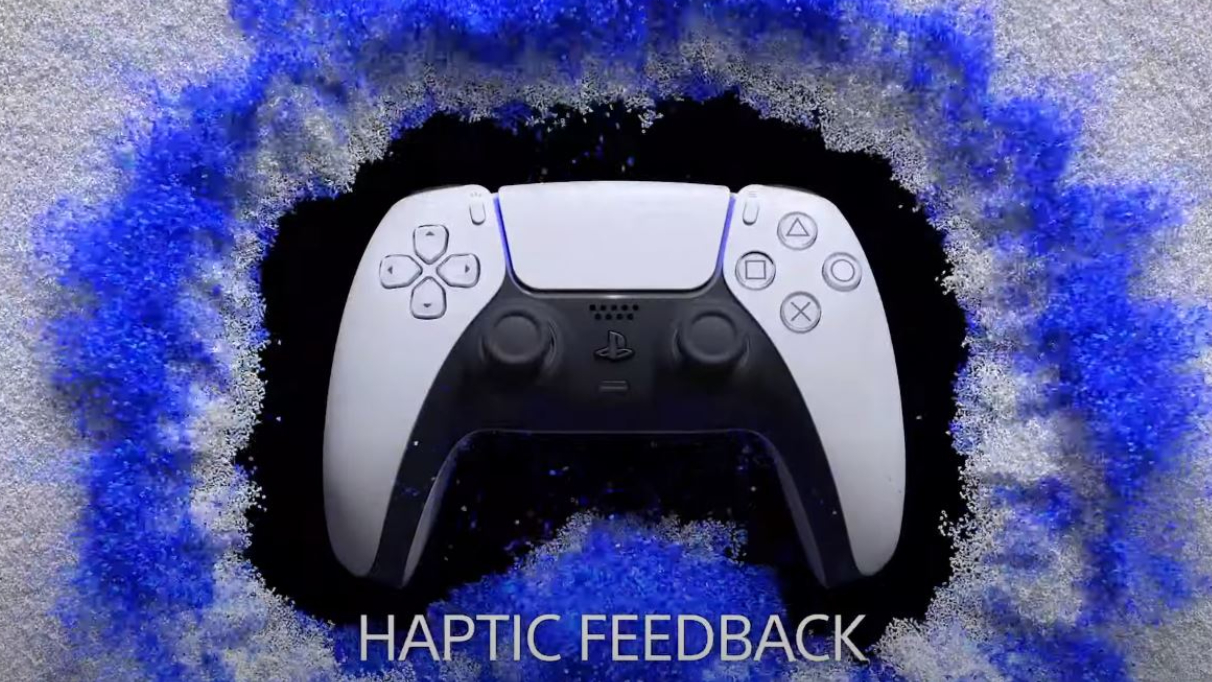
The PS5 DualSense controller also features adaptive triggers, which allow developers to program the resistance of the triggers to simulate actions more accurately. You can feel the tension of pulling back the string of a bow, or the kickback of a gun, for example. Again, it's a wonderful sensation.
The controller also still has a headphone jack but now includes a built-in microphone. If you don't have a headset to hand, you can party chat just using the controller or send a voice message to a friend.
With all of these new features, it's perhaps unsurprising that Sony has confirmed that the old DualShock 4 controller won't work with new PS5 exclusive games. The DualShock 4 will still work with PS4 games you play on the console thanks to backwards compatibility, but don't expect to be using it when you play the PS5 version of Horizon Forbidden West.
Microsoft, on the other hand, has ensured that the Xbox Series X will work with all Xbox controllers across all of its games.
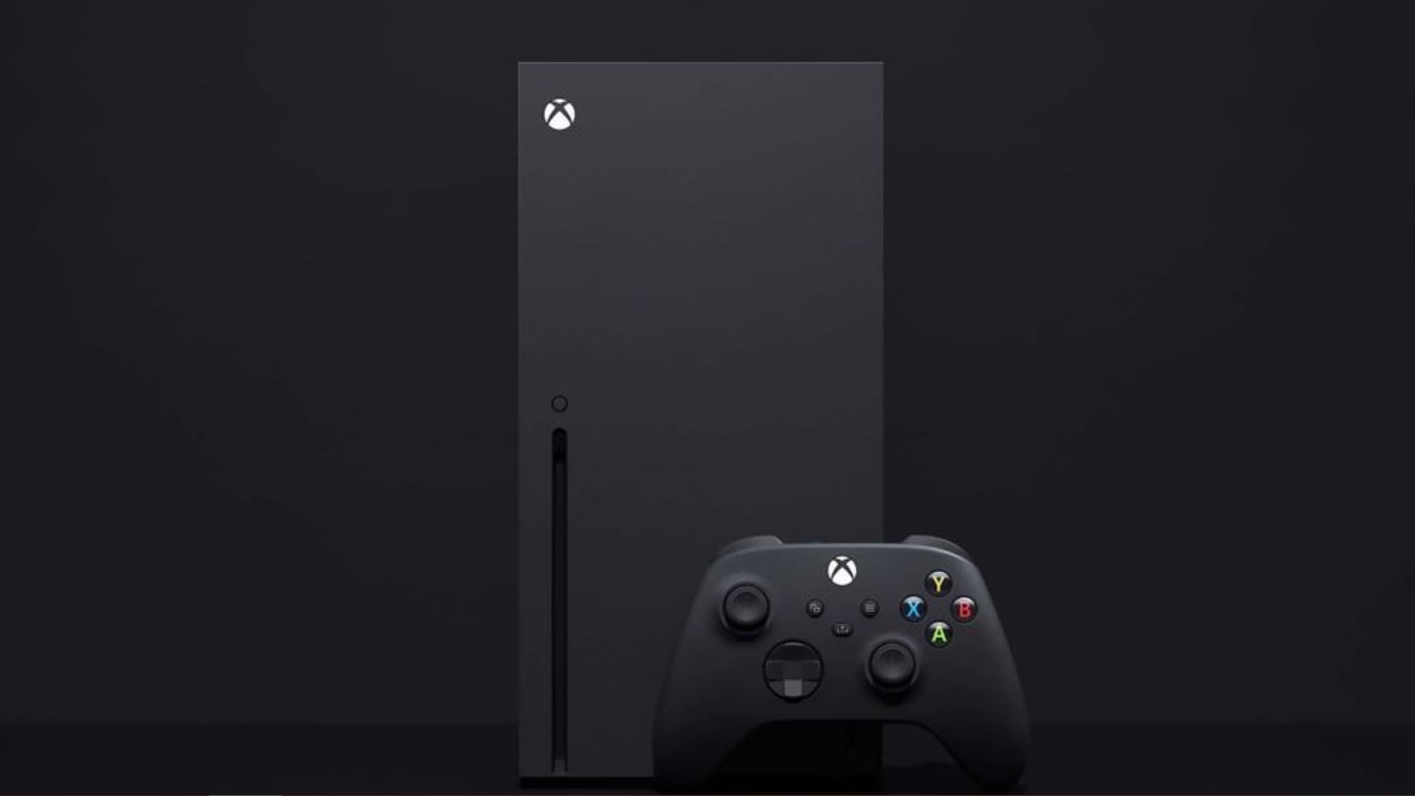
The Xbox Series X, meanwhile, is incredibly impressive on paper.
It too uses custom AMD internals using the same Zen 2 and RDNA 2 architecture of the PS5, making it 2x more powerful than the Xbox One X – last generation’s most technically-impressive gaming hardware.
The Xbox Series X GPU boasts 12 teraflops of computing performance, with 3328 shaders allocated to 52 compute units. It runs at a locked 1,825GHz, and unlike most GPUs, doesn't fluctuate between speeds. Instead, it delivers the same clock speed regardless of the temperature of the unit or the game you're playing.
The processor is a customized AMD Zen 2 CPU, with eight cores and 16 threads. Interestingly, developers can choose to disable simultaneous multithreading (SMT) to reach a peak speed of 3.8GHz, or hit a base speed of 3.6Ghz when it's enabled.
The Xbox Series X supports 8K resolution, and 120Hz refresh rates at 4K, if you have an HDMI 2.1 compliant TV. The Xbox Series X also matches the PS5 by offering DirectX ray-tracing capabilities, and it's equipped with a super-fast internal 1TB NVMe SSD (which can be expanded with a propriety NVMe card), and can be utilized as virtual RAM to lift load times by up to 40x.
Standard RAM will be of the GDDR6 variety, with the Xbox Series X including 16GB – a pleasing upgrade over the Xbox One X's 12GB GDDR5. These specs show a slight lead for the Xbox Series X over the PS5 in terms of raw performance, but so far the gap in real-world performance has been indistinguishable.
Microsoft is aiming to make latency a thing of the past on Xbox Series X, with forward-thinking features such as Auto Low Latency Mode (ALLM), communication improvements to the Xbox controller, and Variable Refresh Rate (VRR) support taking advantage of TVs with HDMI 2.1 support. You can also set the resolution to 1440p if you're gaming on a monitor.
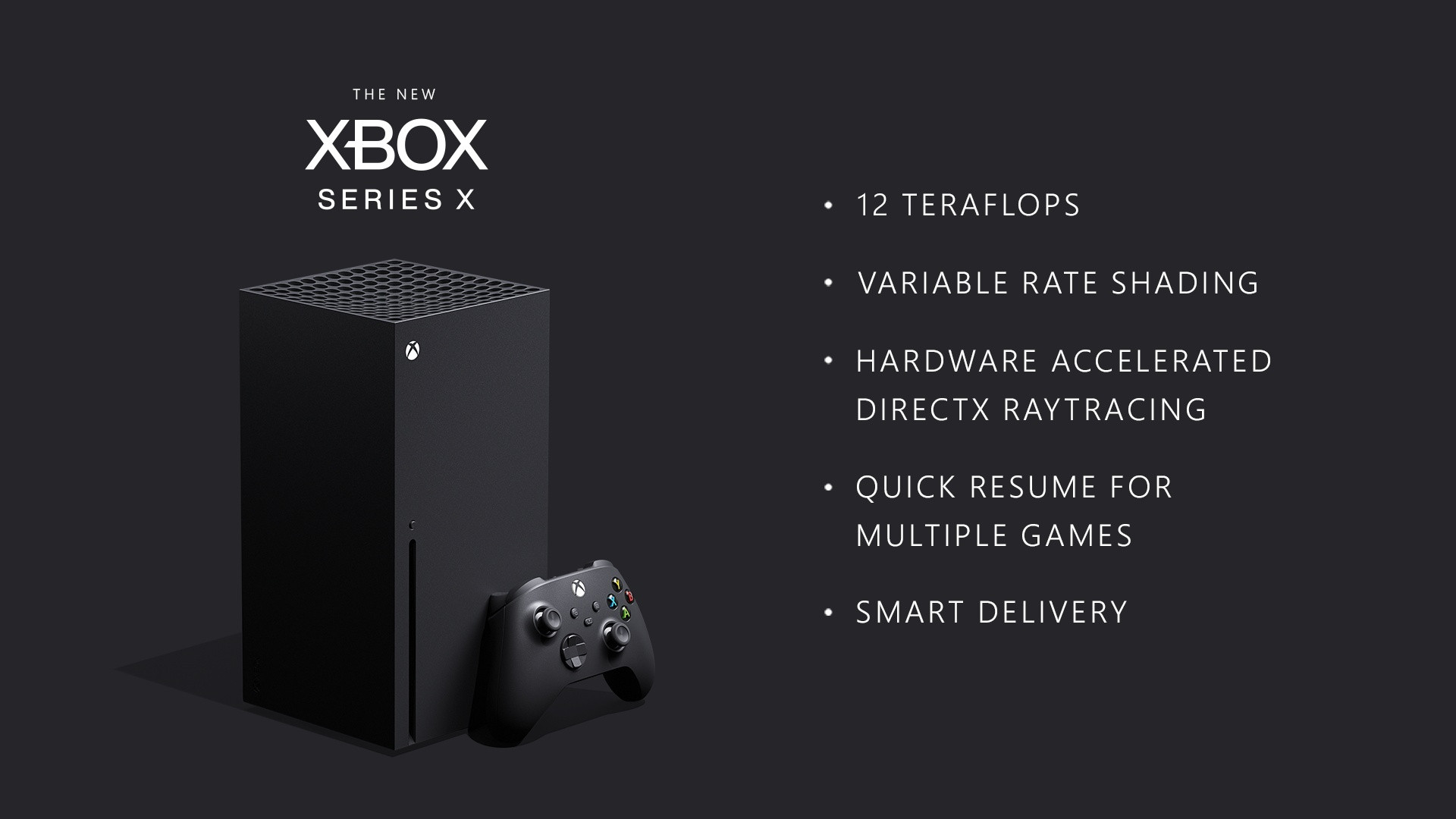
The next Xbox is backwards compatible with the Xbox One’s supporting hardware accessories, so you don't have to rush out to buy new pads or a brand-new headset. The Xbox Series X controller, while familiar at a glance, includes new features, such as a dedicated share button and textured bumpers and triggers. It isn't as innovative as the DualSense controller - it operates exactly how the Xbox One controller did - but it's more accessible than ever thanks to its refined dimensions and improved ergonomics.
Existing Xbox One games like Gears 5 have been enhanced to take full advantage of the Xbox Series X's power. And, if you’re a sucker for buying boxed games over making digital purchases, it comes with a physical disc drive. Just like the PS5, it will also be able to play 4K UHD Blu-ray discs.
The Xbox Series X also has some nifty new features like Smart Delivery, which will upgrade your game to the "best possible version" when they arrive in the future. So you can buy a game like the Cyberpunk 2077 for Xbox One, safe in the knowledge you'll get to play the souped-up version on the Xbox Series X at no additional cost.
Microsoft's new Xbox also has a feature called Quick Resume. It lets you suspend multiple games at a time, so you can start playing something else and then pick up where you left off in a previous title in a matter of seconds. It's super useful.
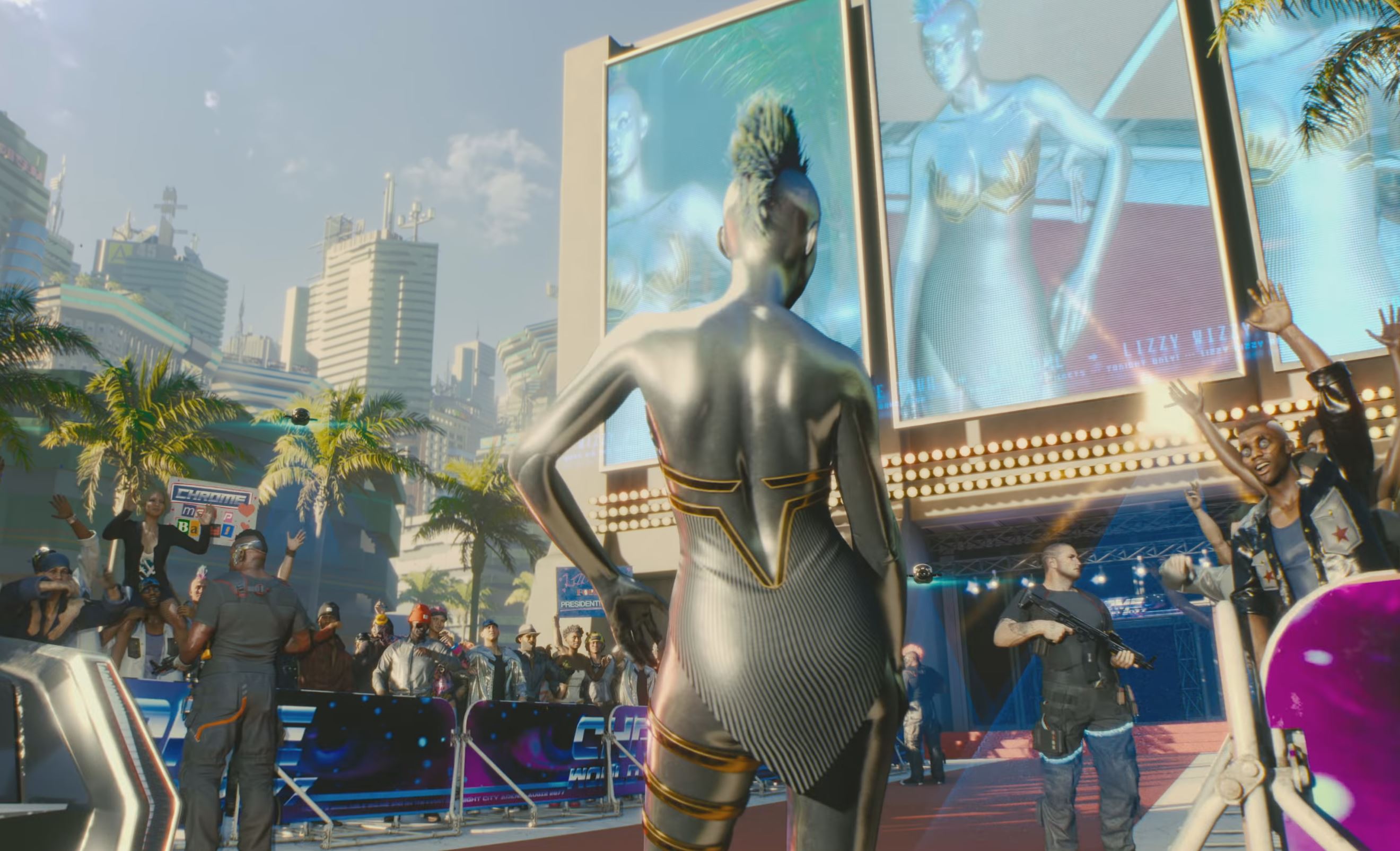
It’s worth mentioning that the Xbox Series X isn't the only next-gen console from Microsoft. The digital-only Xbox Series S is a more affordable albeit less powerful alternative which costs $299 / £249 / AU$499. Sony is offering an all-digital version of the PS5, but this is an entirely different proposition to Microsoft's cheaper Xbox, which has the potential to shake up the market considerably.
Xbox Series X vs PS5: games
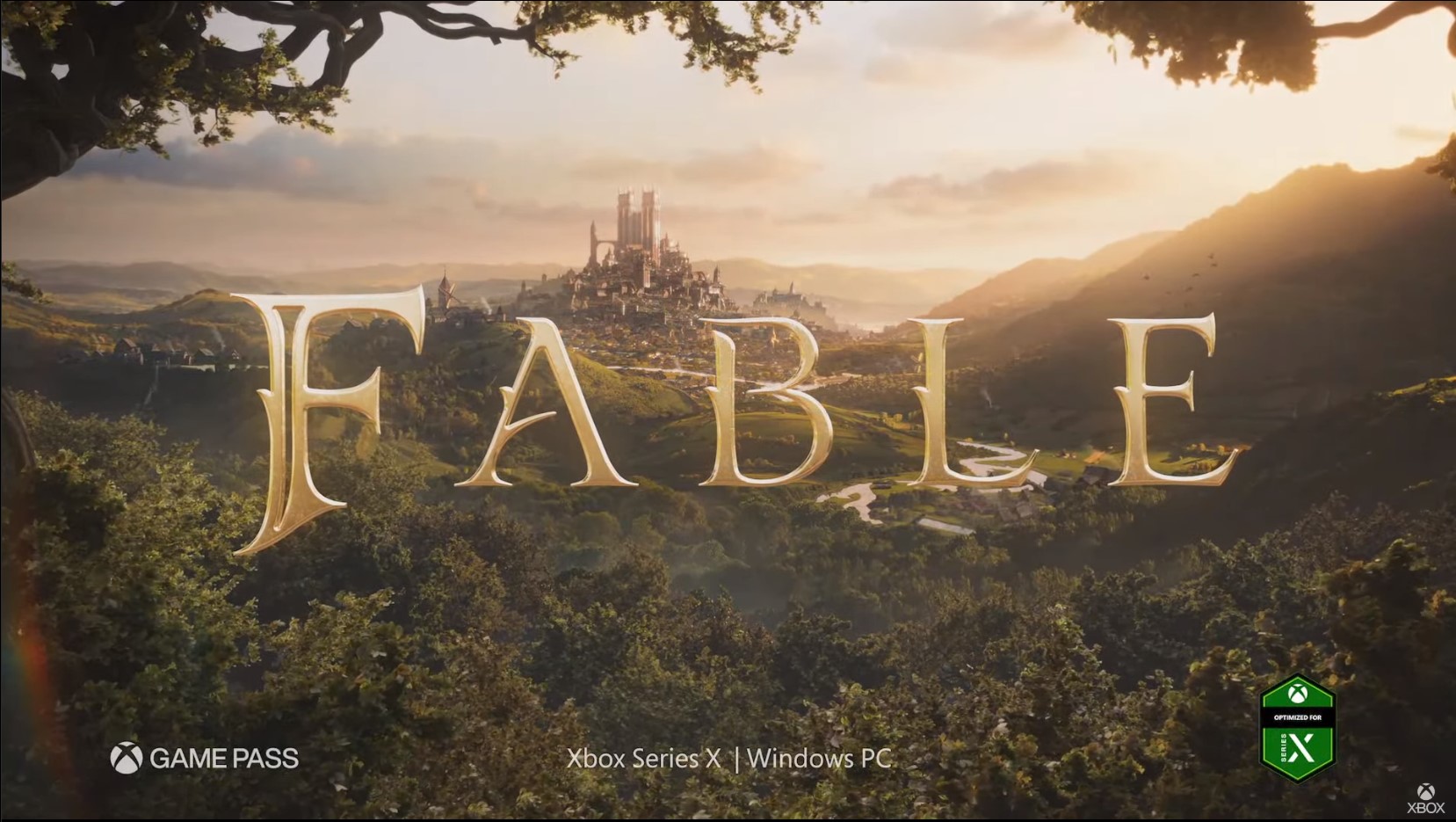
Over the last few months, we've been getting a clearer picture of the sort of experiences you can expect to see on the Xbox Series X and the PS5.
First off, Microsoft confirmed that Halo Infinite, aka Halo 6, is no longer a launch title for Xbox Series X. The Halo franchise is a big seller for Microsoft, so its delay will have been deliberated for a long time. It was supposed to arrive day one on Xbox Game Pass, too, showing Microsoft's continued support for its game subscription service. Our first look at in-game footage was certainly thrilling, even if we quickly found out it had been captured on PC rather than Xbox Series X.
At launch, the Xbox Series X will offer the likes of Dirt 5, Yakuza: Like a Dragon and and Viking-themed Assassin's Creed Valhalla. Further down the line, expect titles such as Vampire: the Masquerade – Bloodlines 2 and The Medium to hit the console - plus much more. Here's the current list of confirmed Xbox Series X games.
Even more thrilling was the announcement of a Fable reboot at Microsoft's July game showcase, along with a new Forza installment, and a medieval fantasy RPG from Obsidian called Avowed. Sony has traditionally won when it comes to exclusive games, but Microsoft is certainly gaining ground for its next-gen console.
A statement of intent if there ever was one, Microsoft recently announced the acquisition of ZeniMax Media, the parent company of Bethesda. That means that games such as The Elder Scrolls 6 and Starfield could become Xbox exclusives and that many games from ZeniMax's studios will be coming to Xbox Game Pass in the near future, starting with Doom Eternal.
Perhaps just as much of a big deal as new games is the fact that Xbox Series X is backwards compatible with all existing Xbox platforms. If you have games for the original Xbox, the Xbox 360 and the Xbox One, there’s a good chance they’ll work on Xbox Series X – especially your Xbox One library.
Not only that, Microsoft is really keen to support cross-gen play for a good while after the launch of the Xbox Series X. This does mean that the Xbox Series X isn't going to have any exclusives in the next few years that will drive you to upgrade, which was one of the biggest criticisms in our review, but it's a consumer-friendly, accessible approach and the Series X will still offer the highest quality experience of the devices in the Xbox family.
Of course, games that haven't been developed by Microsoft's first-party studios could be a different matter – it's up to the studios to decide whether they want to develop their game for both Xbox One and Series X and eventually even Microsoft's first-party studios will likely move over to the Series X after a couple of years.
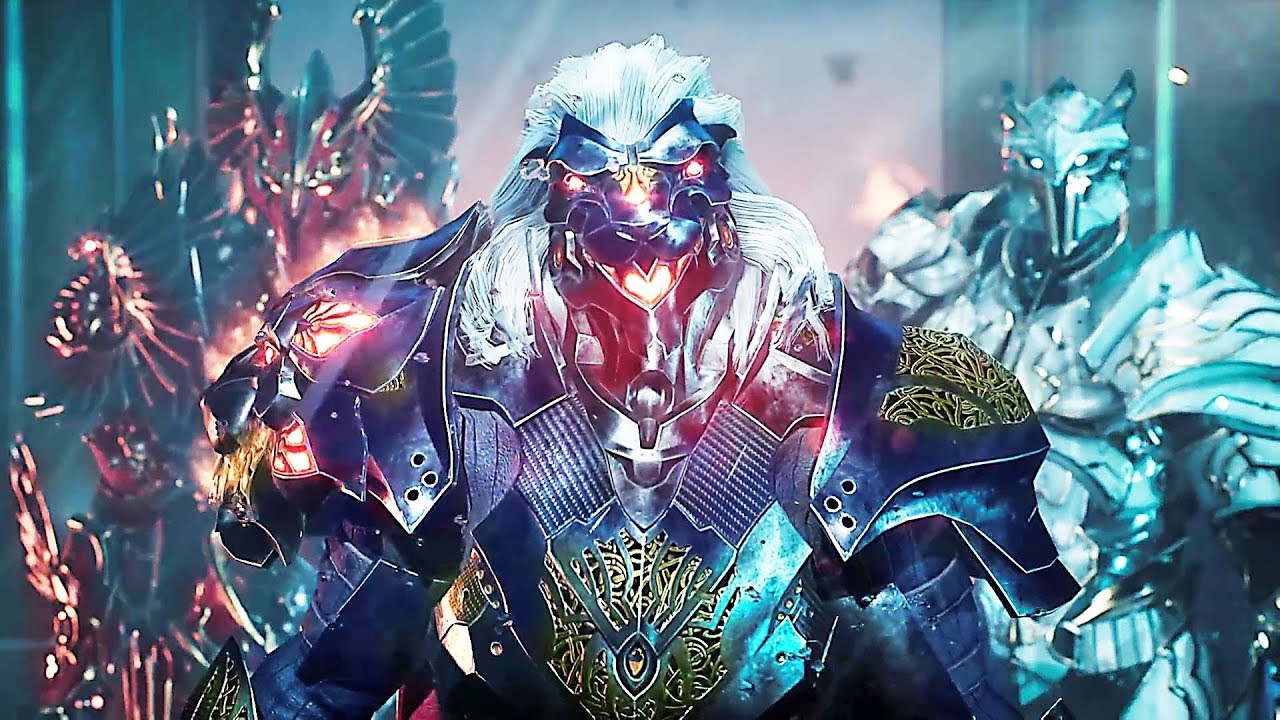
As for PS5 games, among the launch games are Astro's Playroom that comes pre-installed on every console, as well as enticing exclusives such as Marvel's Spider-Man: Miles Morales and Demon's Souls.
Further down the line, expect a new Ratchet & Clank game, Horizon: Forbidden West, and Gran Turismo 7. Final Fantasy 16 is now confirmed to be a PS5 exclusive, with a new God of War game, which we're expecting to be called God of War 2: Ragnarok, also confirmed.
If you don't want to shell out for a bunch of new games on the first day, the PS5 is backward-compatible. The console supports almost the entirety of PS4's game library, but the feature doesn't extend to the PS3 and PS2 generation. As well as that, PS5 owners can enjoy a new PS Plus subscriber bonus called the PlayStation Plus Collection. It gives PS5 owners free access to 20 of the best-ever PS4 games to download to their new console from day-one, including titles like God of War, Uncharted 4 and Bloodborne.
Somewhat differently to Microsoft's cross-gen inclusivity, Sony has also been emphasizing that it still believes in generations and is stressing the importance of its next-gen exclusives in making the most of the PS5 capabilities. In a rather sharp U-turn, though, some PS5 exclusives such as Spider-Man Miles Morales and Horizon Forbidden West will also be available on PS4.
Of course, there's also the matter of game streaming. With Google entering the gaming fray with its Google Stadia game streaming platform along with Amazon's Luna, Microsoft and Sony have actually entered a partnership to share and collaborate on game streaming technologies for the next generation. Exactly how this will play out remains to be seen.
But Microsoft's Project xCloud streaming service is already out now, and is included for free with Xbox Game Pass Ultimate subscriptions. This allows Xbox owners to play Xbox Game Pass games on their supported Android mobile devices. EA Play is also coming to Xbox Game Pass Ultimate, which makes the deal even sweeter than before.
Already offering value for money, adding Project xCloud makes Game Pass and Xbox an even more appealing option for those who like to have platform flexibility. It seems set to leave Sony's PlayStation Now offering behind, even with the PlayStation Plus Collection now announced.
We know that a lot of games that are released in the period between the tail end of this generation and the early days of the next will be cross-generation titles. That means the likes of Cyberpunk 2077 and Assassin's Creed Valhalla are launching on both current and next-gen consoles.
You can find all the latest cheap PS5 game deals right here.
- PS5 games: what we're expecting to see on the console
- Xbox Series X games: all the games rumored and confirmed for the next Xbox
Xbox Series X vs PS5: price comparison
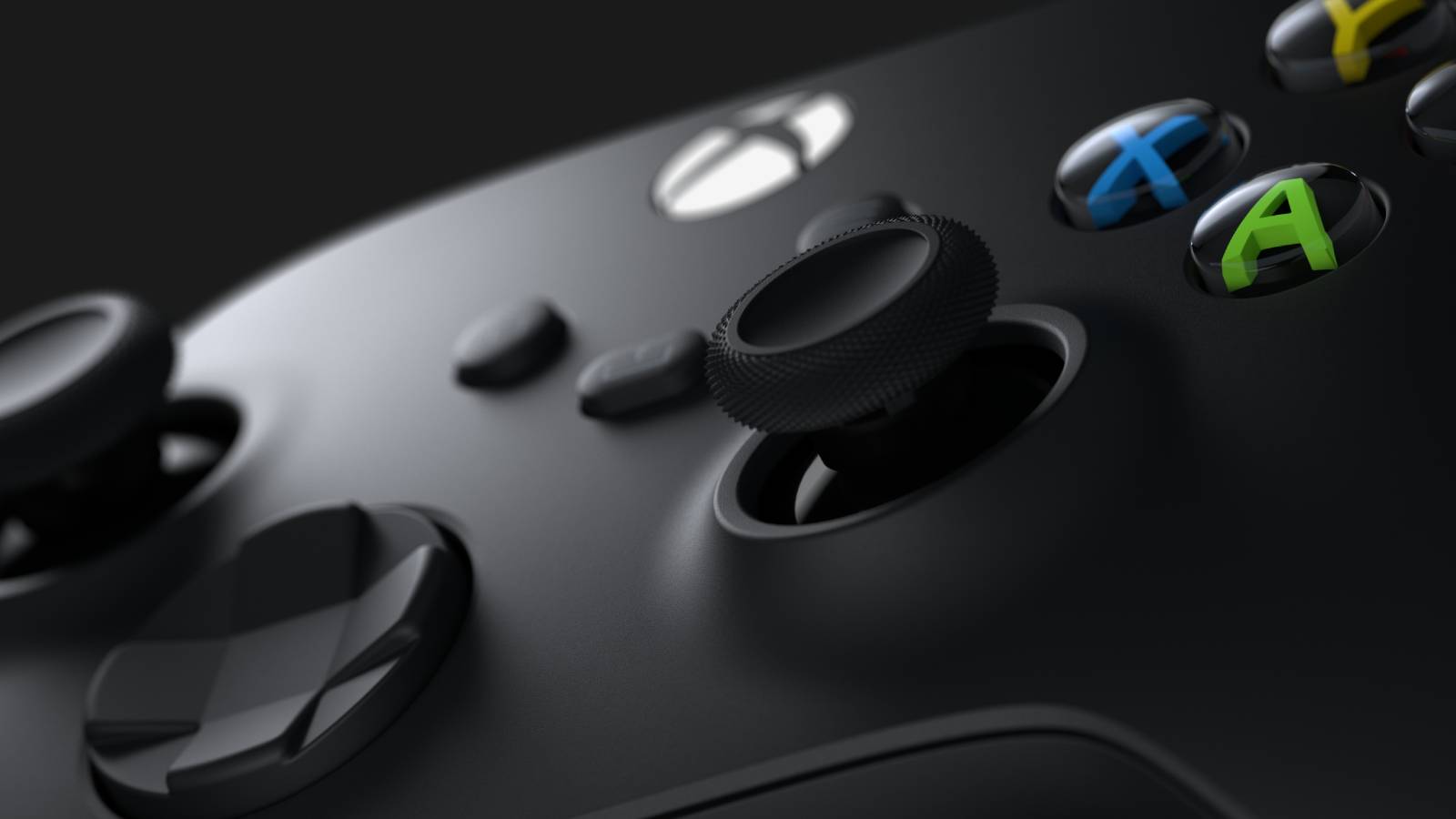
The Xbox Series X price and PS5 price are identical.
Microsoft's disc-based Xbox Series X console retails for $499 / £449 / AU$749, while the standard PS5 is also $499 / £449 / AU$749. It makes choosing between an Xbox Series X pre-order or a PS5 pre-order bundles a tough choice.
One of the reasons the PS4 proved the more popular console during the last generation was the fact that it launched at a more attractive price point of $399.99 / £349.99. That was a relative steal compared to the $499 / £429 Xbox One, which at launch had to factor in the cost of its ill-fated (and relatively short-lived) Kinect motion tracker. The Kinect was initially hailed as one of the key differentiators between the consoles, but proved unpopular with both developers and gamers, leading to Microsoft slowly phasing it out in an effort to drive the price of the overall package down with later console revisions.
Neither has made that mistake with their new consoles making the top-tier versions identically matched. It's the digital-only versions then where the real differences become visible.
The digital-only Xbox Series S lands at $299 / £249 / AU$499 while the PlayStation 5 Digital Edition (without disc drive) comes in at $399.99 / £359.99 / AU$599.95.
But it's not a like-for-like comparison. Microsoft's digital console is weaker than the others – it focuses on 1440p resolution instead of 4K, and targets 60/120 fps. With the PS5 Digital Edition, however, it's exactly the same spec as the standard edition – just minus that physical disc tray.
For sheer value, the Xbox Series S wins out then – but it comes with some caveats. Both it and the digital PS5 lose out on the ability to play 4K Blu-ray discs too. In reality, it seems more than ever then that the choice this time will come down to your loyalty to one console brand or the other – and their services, plus each company's commitment to respecting the library of games you've already built up with them.
Verdict
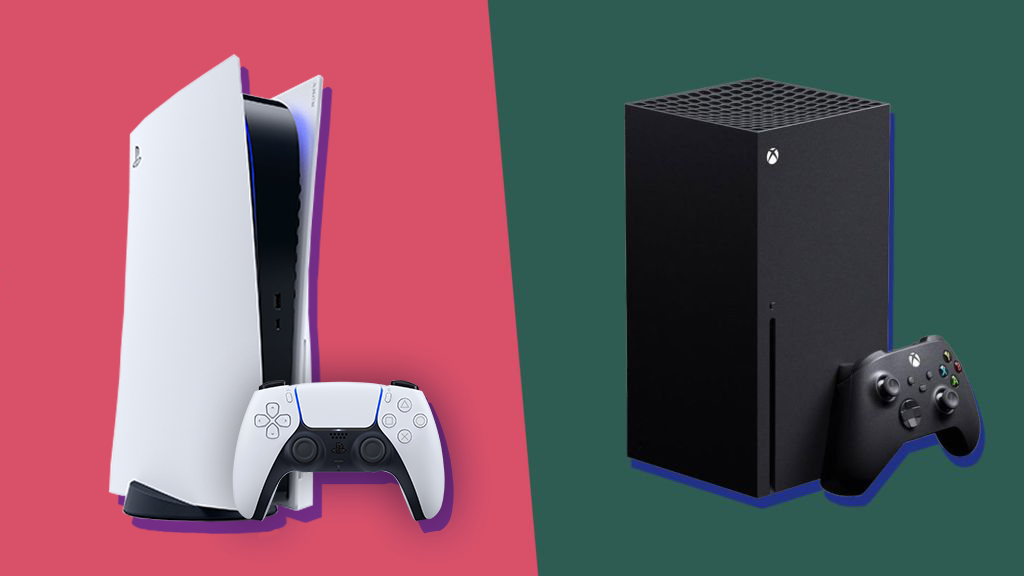
The PS5 and Xbox Series X are both fantastic devices, but right now, we've been swayed by the PlayStation 5's excellent controller, fun and fresh user interface, and its stronger launch line up. The similarities between the two consoles are striking, but they're both fairly unique in their own right.
From a design stand point, the two consoles couldn't be more different. Both are silent in operation, and extremely powerful, but the PS5 is massive in size. The Xbox Series X is smaller, but its boxy shape won't be loved by everyone, particularly when the console is laid horizontally.
Sony and Microsoft's joint commitment to SSD tech means games load faster than ever before, with boot times often taking seconds instead of minutes. Both consoles also offer fantastic backwards compatibility support, though Microsoft's commitment does span further, particularly in terms of accessories.
Of course, there's still tribalism among the fans, and so, as ever, first-party gaming content is going to be perhaps more important than it’s ever been. Sony has started strong again in this regard, while the lack of Halo Infinite has certainly hurt the Xbox Series X's early appeal.
Whichever console you decide to purchase, remember that the generation has only just begun - there's plenty more excitement to be had in the years to come and the competition is likely to be fierce throughout.
- Google Stadia: could the platform-agnostic streaming service take on consoles?
from TechRadar - All the latest technology news https://ift.tt/2JMLoot





0 Comments